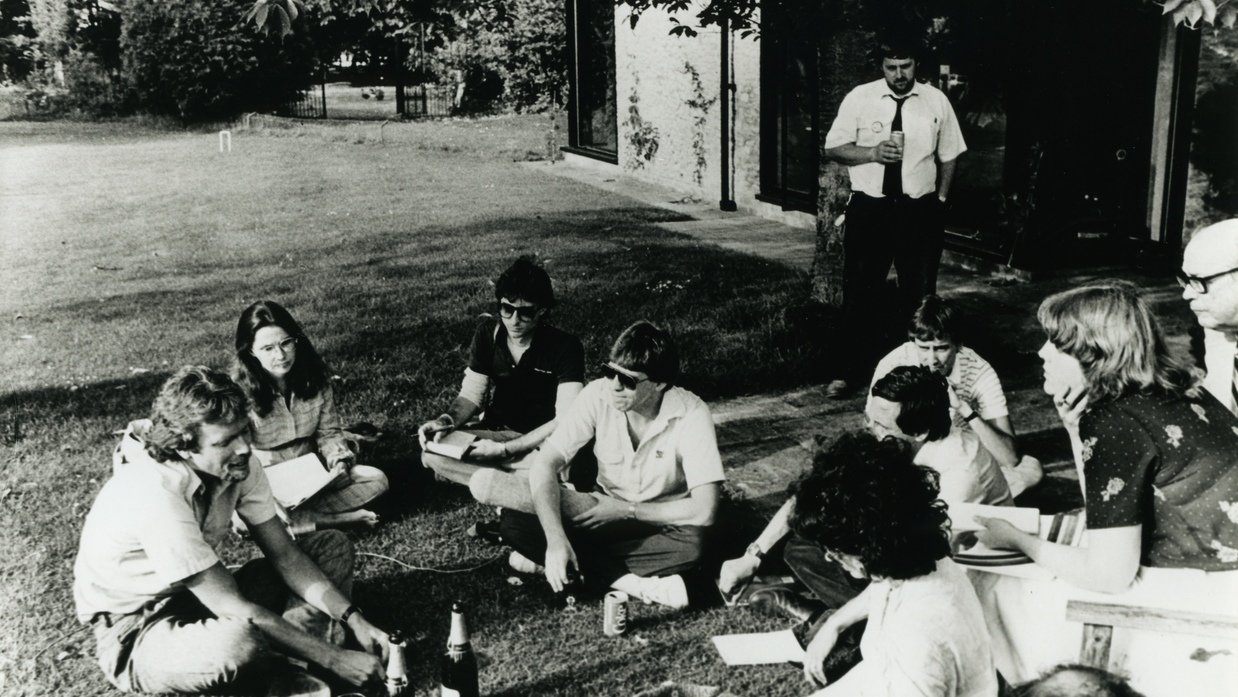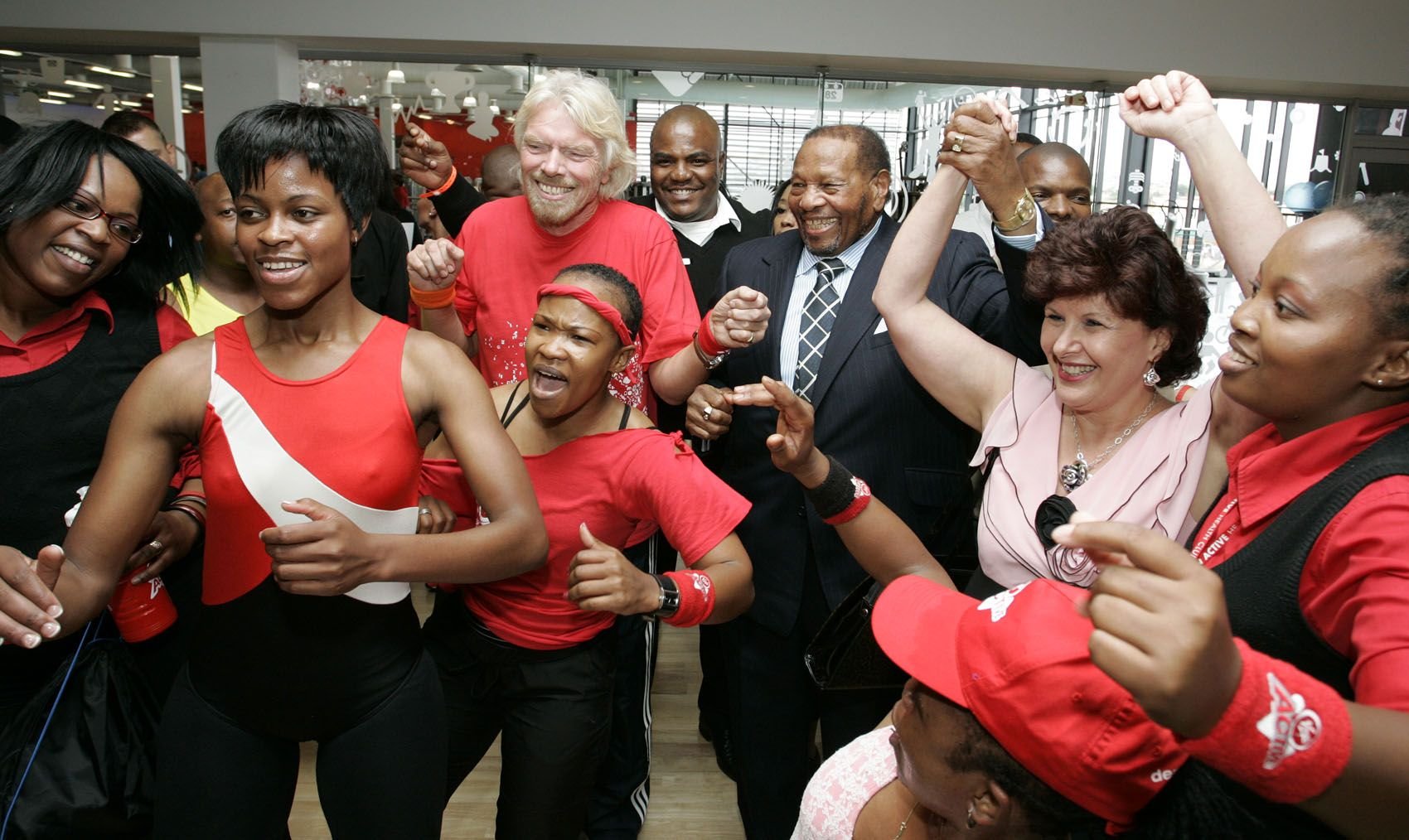Franchising, retail, business

27/07/2015
I didn’t really think too much about my first business plan – I just went ahead and did it. It turns out that this was the best thing I could have done, and it’s a tactic that has gone on to define my approach to business plans.
Our school’s magazine, The Stoic, was stuffy and boring, and didn’t speak to us at all. We wanted something new and fresh, so the idea of creating an interschool magazine came to us. We brainstormed titles for the magazine – Student magazine resonated most – and wrote down what we’d like to publish and who we’d like to interview. Our funding came in the form of coins that I used to phone potential advertisers from a payphone; advertisers who I’d found by going through the telephone book. I wrote to WH Smith and asked if they would stock us.
Covering demand, contributors, advertisers and suppliers, suddenly we had a business plan. But none of it would have been possible if we hadn’t had a clear idea of what our business proposition was, who it was for, and who would buy it – our executive summary, otherwise known as an elevator pitch. That’s the part of the business plan that I’m most interested in, and which I feel is the most important.
To this day I don’t make formal business plans, but am always crystal clear on the concept of the business. We have a saying at Virgin, if your pitch can’t fit on the back of an envelope, then it’s too complicated. In fact, we have written many business plans on the back of beer mats and envelopes – they have gone on to become successful companies like Virgin Australia.
Part of the reason for this approach was my dyslexia. I learned to turn my disability into an advantage, and we have used it to shape our communication style. At Virgin, we use simple and straightforward language that gets to the point concisely and quickly. I believe that if you can’t explain what your business is all about in a couple of sentences then it’s likely you’re not focussed enough, or you don’t really know what’s truly at the heart of your business. Great leaders tend to be simplifiers, coming up with concepts that are universally understood.
If you’re having trouble simplifying your business idea, ask yourself: what’s the problem you’re trying to solve? We were frustrated by cancelled flights and bad customer service experiences with other airlines, so we decided to do it better with Virgin Atlantic. We wanted to make health and exercise fun and accessible, not a chore, so we founded Virgin Active. We wanted to give our customers more positive banking experiences, so we founded Virgin Money. Every Virgin business, despite covering many different industries, has the same simple core objective at heart: how can we change business for good?
Grab yourself an envelope (or a beer mat), turn it over and challenge yourself to sum up your business in just a couple of sentences, like these businesses. The details – financial forecasting, market research, the things that validate your business idea – are important, but they can come later. That envelope could be far mightier than its size suggests.
To get started on your own business plan, download the Virgin StartUp Business Plan Template.
Fonte:http://www.virgin.com/richard-branson/the-most-important-part-of-your-business-plan